The Organic Farmer
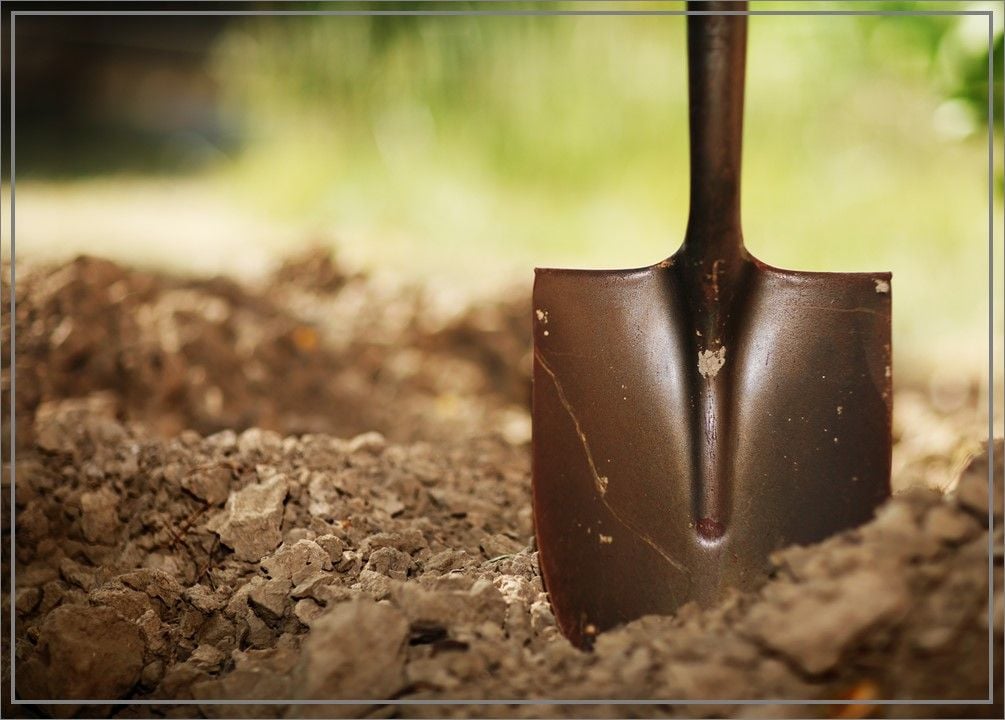
If you have read my article "Why use organic skincare ingredients?" you will already know that, at Simply Skin, I believe in the importance of using organic ingredients and organic C02 extracts in my skincare products wherever possible whilst ensuring that my products remain 100% safe for your skin.
But why have I decided to go that extra mile and incorporate organic ingredients wherever possible?
The answer is very simple:
I believe in supporting farmers who have chosen to follow the more difficult and costly, yet ethical and environmentally-friendly route; farmers who have chosen to grow their crops organically.
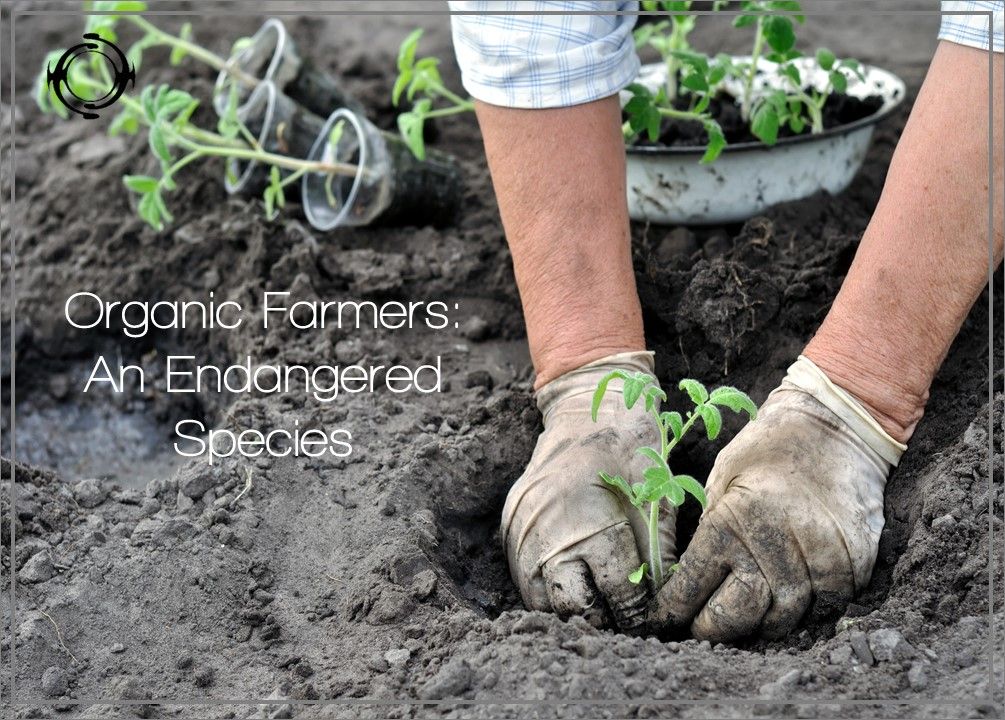
Organic Farmers are an Endangered Species
You may believe that, with the rise in awareness of controversial issues such as GMO's and harmful pesticides, there is an increase in the number of organic farmers.
But contrary to belief, the number of young organic farmers is actually decreasing as a result of the constant uphill struggle against the economical viability of small organic farms.
Organic farming is a very costly and risky business.
Would You Have What it Takes?
Did you know that the organic farmer works 6, usually 7, days a week?
Did you
know that about 90% of organic farmers depend on a second 'normal' job
or income from their spouse in order to meet basic living expenses?
Did you know that most organic farmers live on, or below, the poverty line?
To be an organic farmer you have to be driven by a passion for what you do. Organic farming is a true labour of love, dedication and commitment.
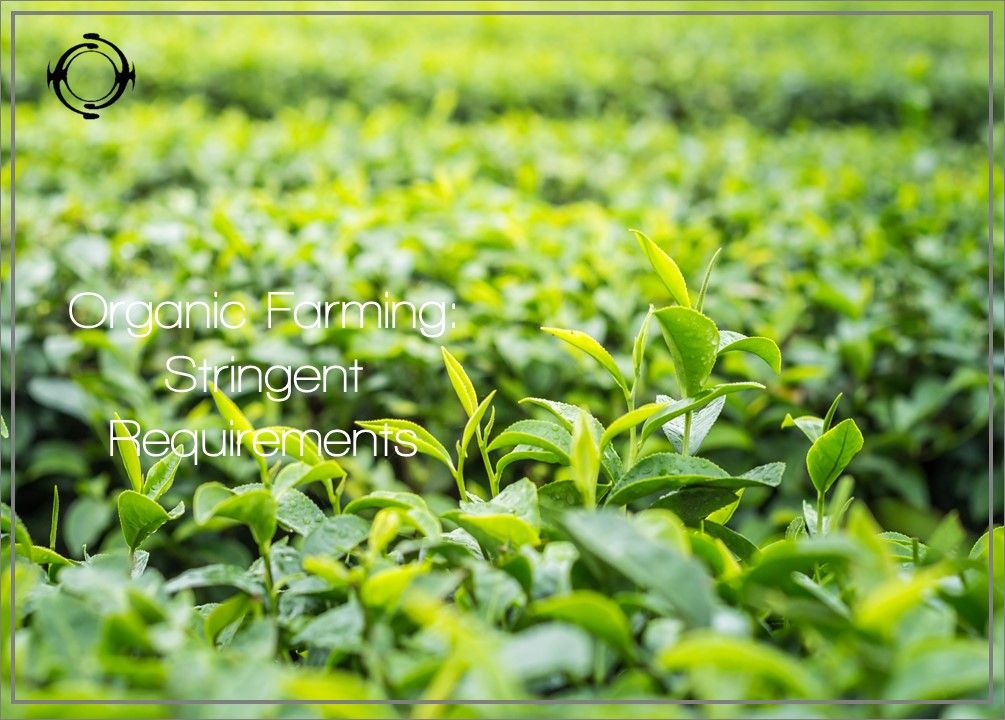
Stringent Requirements
For a farmer to produce organic ingredients, he must first complete a long, intense and complicated certification process. This can mean he cannot plant crops on his land for 3 or more years while the soil is being repaired. Once he is certified he then needs to pay an annual fee to retain his organic certification.
An organic farmer is not permitted to use chemical or synthetic pesticides. Everything he uses to encourage his crops to grow heathily, for example fertiliser, must also be classified as organic.
When an organic crop is harvested it must be stored, shipped and processed separately from a non-organic crop to avoid cross-contamination.
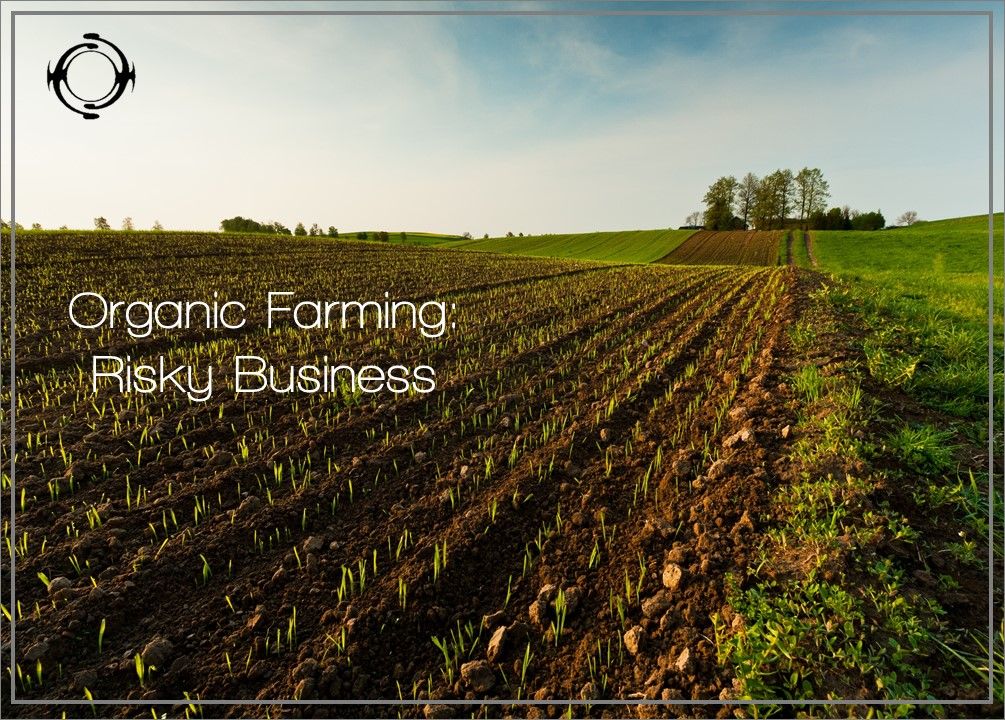
It's a Risky Business
Organic farmers need to use sophisticated crop rotation methods to ensure their soil remains healthy and uncontaminated. Such methods mean that a piece of land may not be used one season after the next as over-use could damage the soil.
Organic crops are often more susceptible to pests and disease, so a greater proportion of crops are lost, compared to non-organic crops which tend to be sprayed with chemicals pesticides.
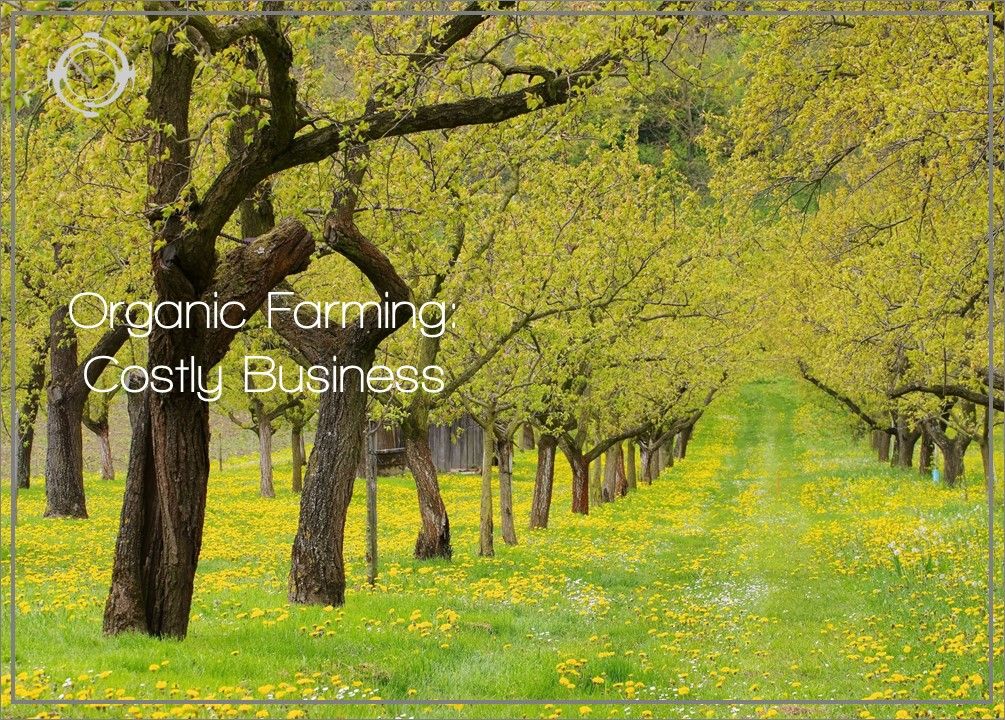
It's a Costly Business
Once a farmer is certified organic, he then needs to pay an annual fee to retain this certification.
Organic crops must be stored, shipped and processed separately from a non-organic crop to avoid cross-contamination. As there are less organic farmers and the crops they produce are smaller than the crops of non-organic farmers, the costs of shipping etc increase per kg.
Because organic farmers cannot use cheap pesticides, they need to use natural fertilisers such as (organic) animal manure or (organic) compost. Such fertilisers are available in smaller quantities, are more expensive per kg, and cost more to ship.
Organic farmers need to use sophisticated crop rotation methods to ensure their soil remains healthy and uncontaminated. Such methods mean that a piece of land may not be used one season after the next as over-use could damage the soil.
So crop rotation reduces the frequency in which organic farmers can grow profitable crops and it reduces the size of a crop that can be produced on the same size of land as a non-organic farmer.
Organic crops take longer to grow because organic farmers cannot use the chemicals used by other farmers to encourage crop growth spurts. Time is money.
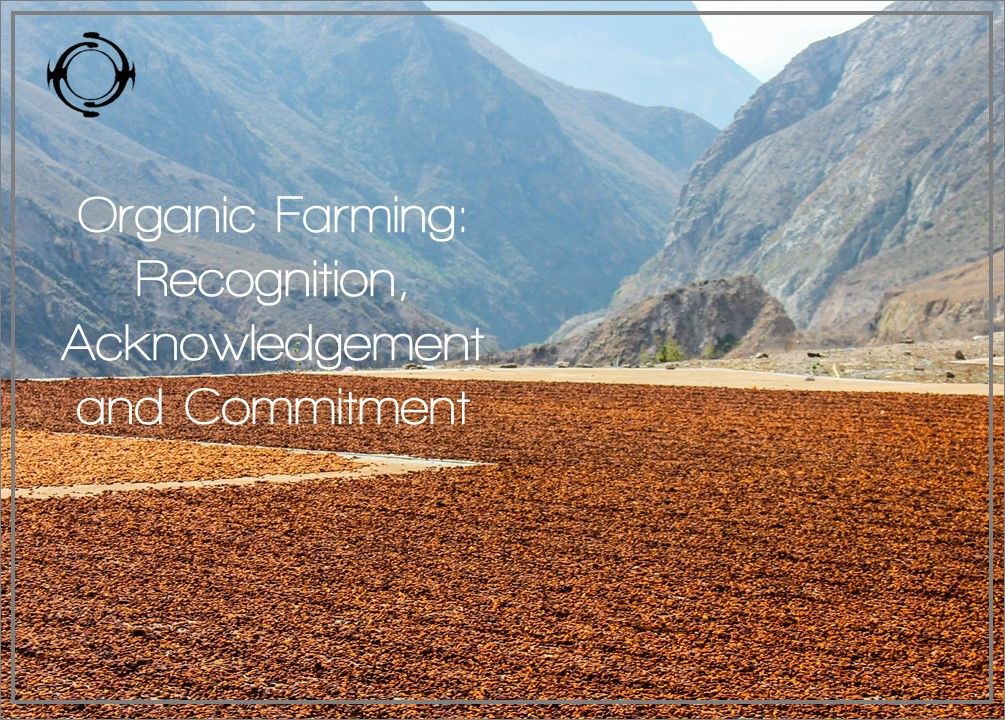
At Simply Skin, I recognise the dedication and commitment it takes to be a successful organic farmer.
I acknowledge that organic farming is not a large-scale business, is costly, and not as prevalent as we would like.
So I'm actively committed to support organic farmers throughout the world who fight against the economical odds in order to provide a better environment.
Will you join me in my support of these dedicated farmers?
